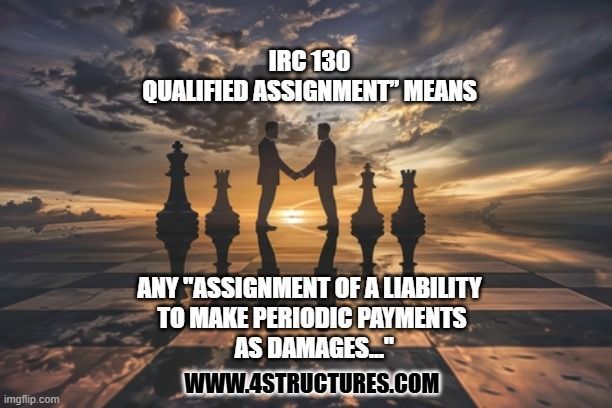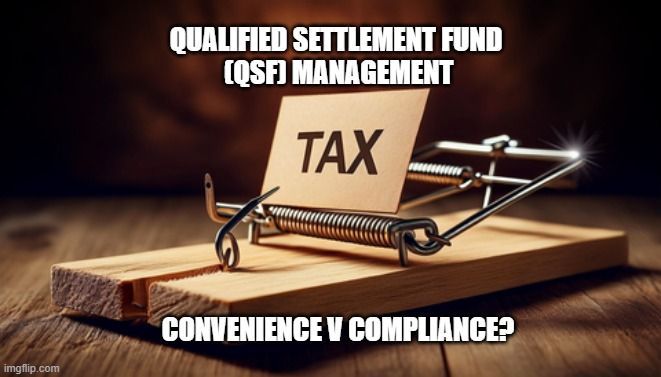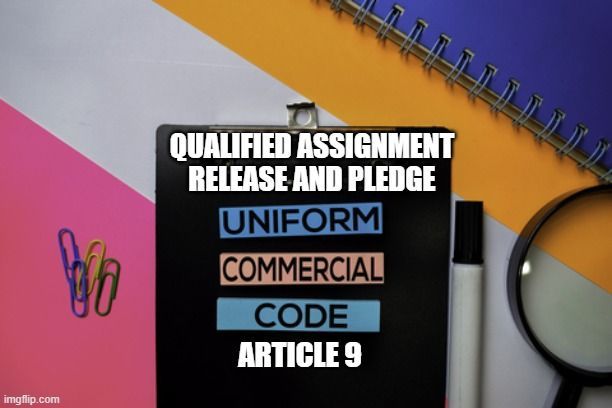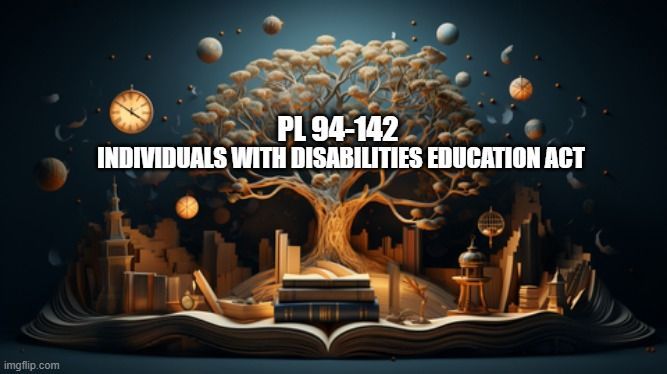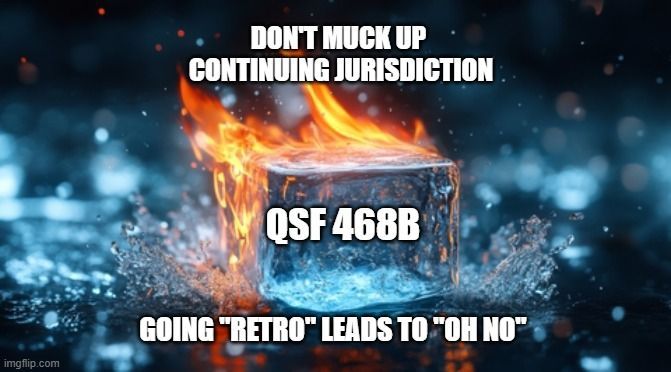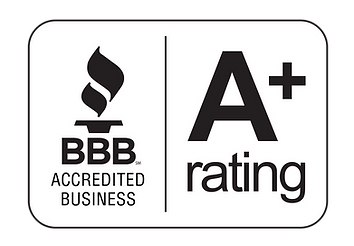Investments in Structured Settlement Receivables EXCLUDED from Guaranty Funds
NAIC Model Act EXCLUDES Coverage For Acquired Payment Rights
Investor Warning Regarding Structured Settlement Receivables
Promoters selling structured settlement receivables that may have been intentionally mislabeled annuities, may be duping investors into believing that the "annuity imposters" may enable the investor to receive State Guaranty Fund coverage in the event the underlying insurer is liquidated . Usually the promoter's sales pitch includes the weak disclaimer that "they make no promises in this regard". It's like " you didn't hear it from me but...". And to paraphrase old school rapper LL Cool J, it's a "big ole BUT".
Were Financial Planners and Settlement Planners Fully Informed about Structured Settlement Receivables BEFORE Soliciting Investors and Did They Fully Inform Investors (Past AND Present), and Judges reviewing minor settlements?
The June 2020 State Legislative Brief published by the National Association of Insurance Commissioners ("NAIC") stated that "the guaranty association system ensures that consumers can purchase insurance products with the knowledge that their coverage will be protected in the event of a future company failure or insolvency. In order to ensure policyholders are adequately protected from such failures, in December 2017, the NAIC adopted revisions to the NAIC Life and Health Insurance Guaranty Association Model Act (#520) to address issues and concerns with guaranty fund coverage and assessments for any future Long Term Care Insurance (LTCI) insolvencies.Industry groups support these amendments and worked cooperatively with regulators on them".
WHO SHOULD BE CONCERNED?
- Investors in Structured Settlement Receivables
- Judges (scrutinizing Petitions for a Minor's Settlement which includes Investments in Structured Settlement Receivables)
- Financial Planners who induced sales of Structured Settlement Receivables to investors by labeling them annuities
- Settlement Planners who induced sales of Structured Settlement Receivables to plaintiffs (and judges tasked with approving settlements for minors) and Investors by labeling them annuities
- Insurers of Financial Planners and Settlement Planners, should be aware of the sales practices and make an informed risk assessment.
Section 3 A (5) of the Life and Health Insurance Guaranty Association Model Act (#520) states:
This Act shall not provide coverage to :
(a) A person who is a payee (or beneficiary) of a contract owner resident of this State, if the payee (or beneficiary) is afforded any coverage by the association of another State; or
(b) A person covered under Paragraph (3) of this subsection, if any coverage is provided by the association of another State to the person; or
(c) A person who acquires rights to receive payments through a structured settlement factoring transaction as defined in 26 U.S.C. 5891(c)(3)(A),
regardless of whether the transaction occurred before or after such section became effective.
[CRITICAL EMPHASIS ADDED]
As of August 2023, 40 states had adopted the 2017 revisions ( AK, AR, AZ, CT, CO, DE, FL, IA, ID, IL, IN, KY, LA, MD, ME, MN, MO, MS, MT,NC,ND,NE,NH, NJ, NV,OK,SC,TN,TX,UT,VA, WA, WV, WY. District of Columbia), and others
Bill tracking in Colorado - HB 23-1303 (2023A legislative session) - FastDemocracy
Some settlement planners have actively pushed structured settlement receivables to plaintiffs in personal injury settlements, through qualified settlement funds, independent assignment companies, or investments for the plaintiff's Settlement Preservation Trusts, and to trial lawyers for attorney fee deferrals .
- In a June 17, 2013 settlement petition to an Arizona court, which I reported about on my Structured Settlement Watchdog blog, I reported how a settlement planner had apparently advocated for the use of what is mislabeled " secondary market annuities" for a minor Arizona plaintiff, to compete with structured settlement annuities . I opined in my commentary, that structured settlement payment rights, which are not annuities (and not regulated insurance products), and were represented to an Arizona judge as 'annuities", was misleading to the Court. The original petition in the matter of In Re Conservatorship of T.S. 1300GC2013 00063 Superior CT AZ Yavapai County also falsely stated to the court that annuities issued from the secondary market are issued by Liberty Mutual. Saw a similar thing on a qualified assignment in a New York case where the purported "qualified assignment" said the annuity issuer was MetLife. Acquired structured settlement payment rights (structured settlement receivables) are not annuities and therefore the statement is false on its face. Even, if arguendo the statement were true, Liberty did not issue annuities in the secondary market.
Subsequent to the settlement planner's representations to the Court, Arizona adopted the revisions to the Model Act (#520) in §20-682D. The relevant exclusion paragraph reads as follows:
"14. Structured settlement annuity benefits to which a payee or beneficiary has transferred the payee’s or beneficiary’s rights in a structured settlement factoring transaction as defined in 26 United States code section 5891(c)(3)(A),
regardless of whether the transaction occurred before or after that section became effective " -Arizona law
§20-682D
Furthermore , the National Association of Insurance Commissioners Statutory Issue Paper No.160 (finalized April 6, 2019), makes it clear that factored settlement payment streams are not annuities or insurance products.
National Association of Insurance Commissioners and Other Financial Regulators, Pay Attention!
The National Association of Insurance Commissioners should continue to scrutinize the activities of licensed insurance agents and entities, as well as licensed or unlicensed promoters , who
- misuse the term annuity to insinuate an insurance product while selling investments that are not insurance products ( structured settlement receivables/factored structured settlement payment streams). They may have even used trademarked insurance company logos to proliferate the falsehood
- insinuate statutory insurance protections in their websites and/or marketing materials in their solicitation of investors, in conflict with prohibitions on such activity contained in state insurance laws.
Last updated October 25, 2025


